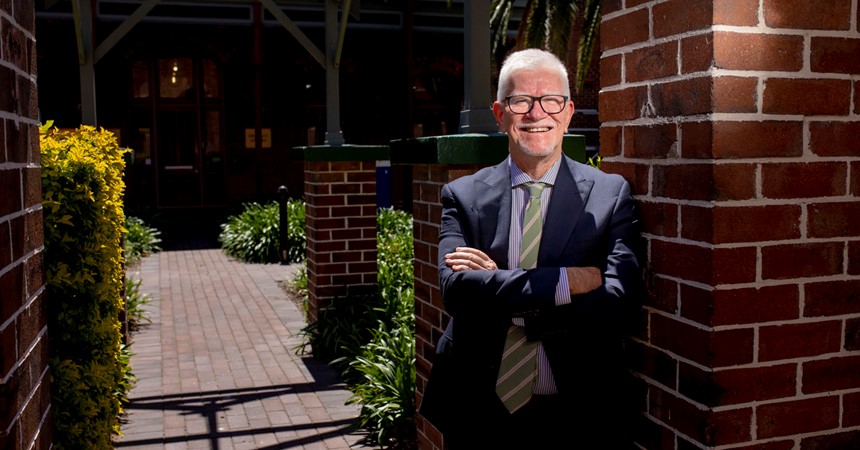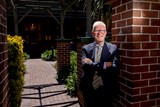In a matter of days, classrooms transformed from hives of activity to near-empty shells accommodating only about 5 per cent of the student population. Beyond the empty school corridors, families' loungerooms transformed into remote-learning hubs. Keeping students engaged without the face-to-face closeness and comfortable daily routine of a classroom quickly became a major point of discussion, and a challenge that I think was largely overcome with great success under the extenuating circumstances.
From the perspective of student learning, the pandemic has had several silver linings; an appreciation of our school communities' ability to adapt to change, the affirmation that at the heart of education are deep-seated relationships and, an opportunity to re-imagine the future of education informed by this unique experience.
Teachers and students across the Maitland-Newcastle Diocese masterfully demonstrated their agility and adaptability and rapidly adjusted to the required changes, as if almost primed for the occasion. And broadly speaking, they were.
In recent years, the Catholic Schools Office has made a concerted effort to transcend students' education experience, and not just through the increased use of modern technologies. Our mission has been to progress students from being “data banks” to analytical problem solvers and innovators. Central to this shift has been re-imagining the learning paradigm, progressing from the traditional teacher-centred approach to student-centred learning. Rather than solely focusing on knowledge retention, as educators, we've progressively used advances in online technology to our benefit, creating learning experiences that are inquiry-based, personalised and relevant to the “real world”. The student-teacher partnership approach promotes independent thinking and collaboration, and we knew it would assist our young learners throughout life. However, we weren't quite expecting their application in such extraordinary circumstances so soon.
During this time of social distancing, an unexpected but welcome outcome has been the strengthening of relationships. Parents and carers are a child's first and most important teachers. As educators, we respect this dynamic and work proactively with this knowledge daily, as we strive to create relationships with our students as well as their parents and carers. This three-way relationship has been put to the test in recent times as together, we faced a new frontier in education. My extreme gratitude goes out to our staff and parents for their exemplary efforts. While I understand the quality and effectiveness of home-learning has varied, overall, the experience has provided a wealth of opportunities to share ideas and recognise the critical value of these relationships. As such, as our schools began to welcome students back to the classroom in recent weeks, it’s been a great joy to see the delight on the faces of children, staff, parents and carers as they’ve greeted each other at the school gates.
Major world events are often an inflexion point for rapid innovation. While we are yet to witness precisely how this will apply to education post-COVID-19, it is incumbent upon all of us to explore its full potential. So now, as students and teachers prepare for the return of full-time face-to-face learning, time is also nearing for educators and policymakers to commence reflection. It will be critical that we evaluate the outcomes associated with students being far more in charge of their learning during the pandemic. My sincere hope is as we embrace the necessary changes that arise as part of this process, the silver linings that have become evident as a result of the pandemic will not be forgotten.


